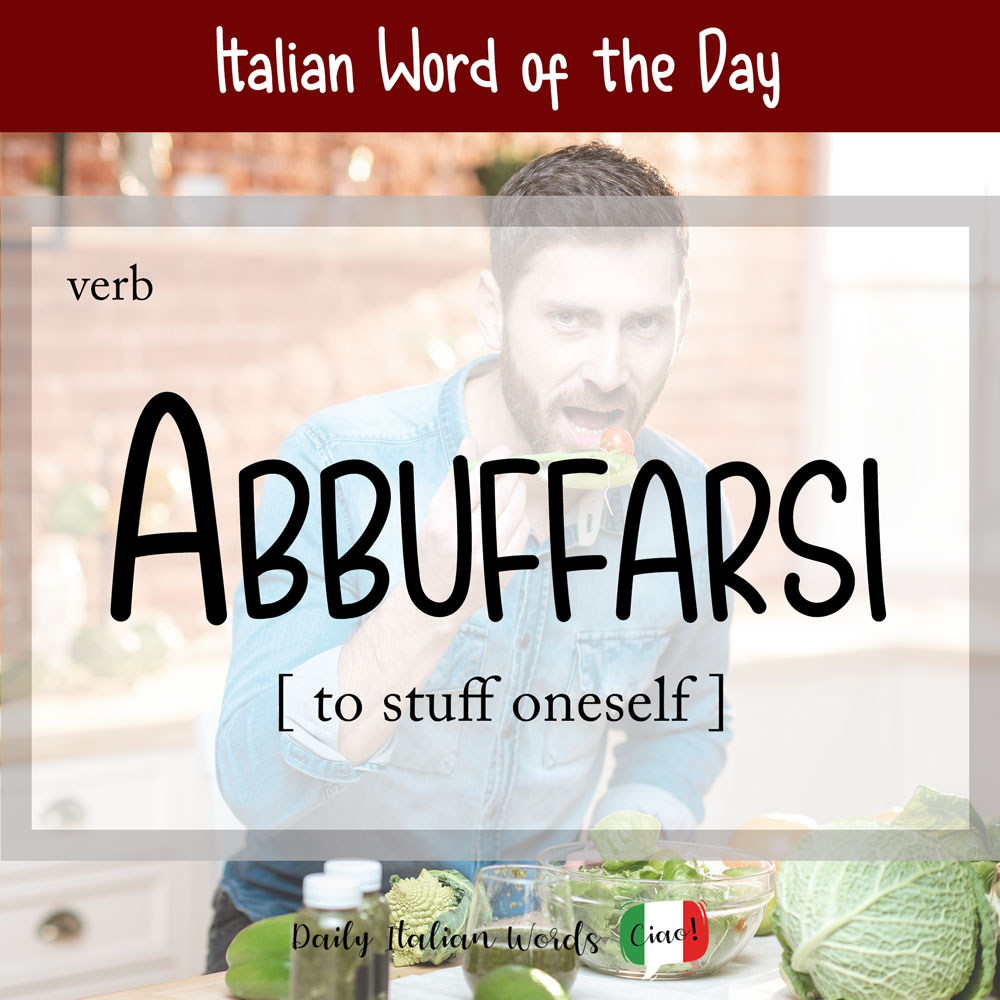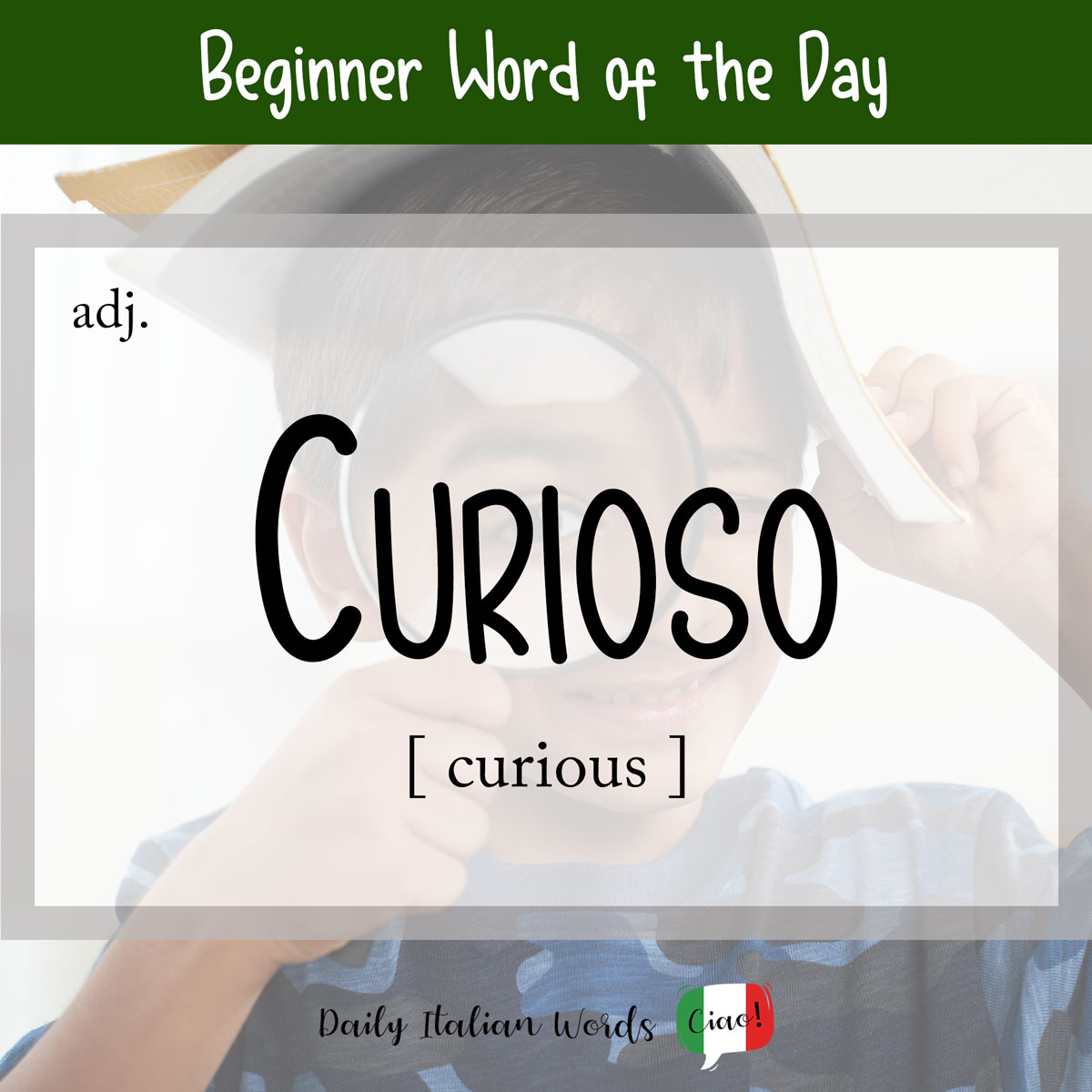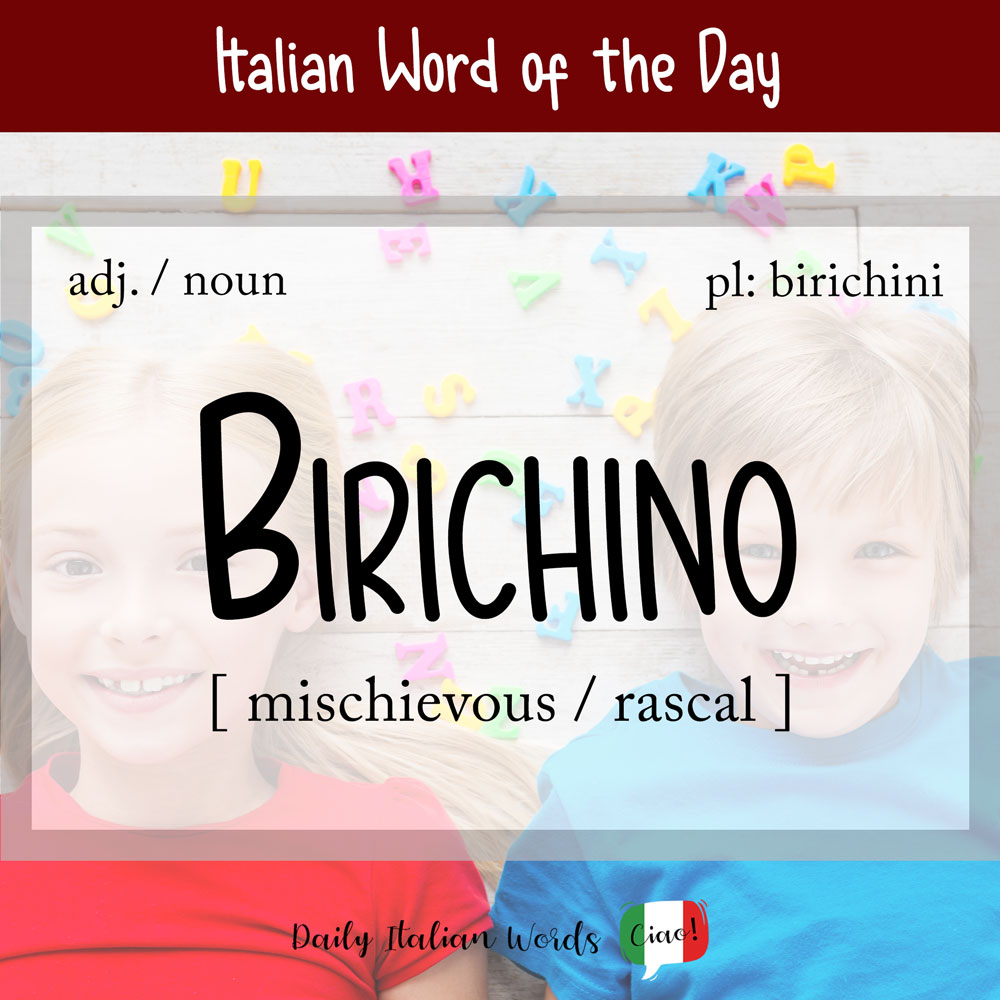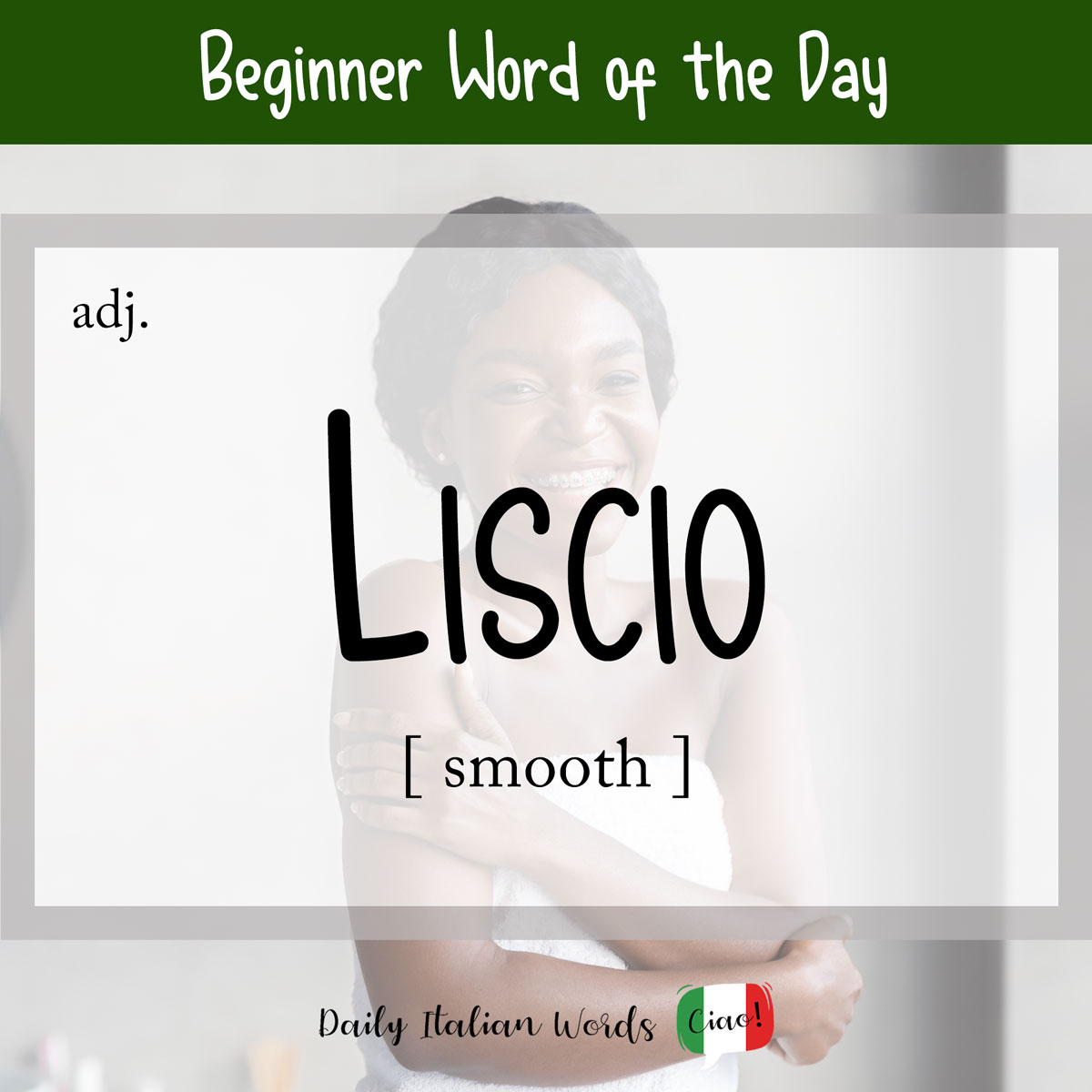Italian Word of the Day: Sfinito (exhausted)
One of the most common ways to say exhausted in Italian is sfinito. It is the past participle of the verb sfinire (to exhaust or to wear out), which is the combination of the prefix s- and the verb finire (to finish). Because it is an adjective, the end changes depending on the gender and/or …






